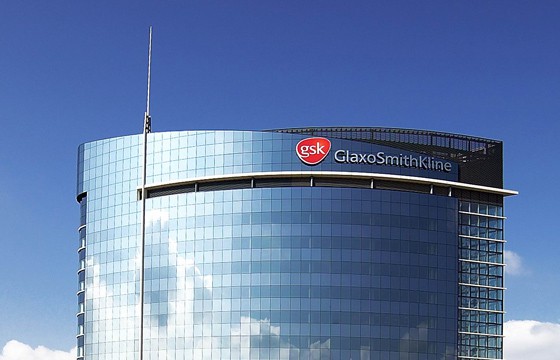
GlaxoSmithKline’s chief executive Sir Andrew Witty was granted an exclusive audience with the health secretary and other Whitehall officials to air his concerns about the UK’s drug pricing scheme, just six months before the current version of the PPRS was finalised.
According to a Freedom of Information (FoI) request by PMLiVE, Sir Andrew’s May 2013 meeting with Jeremy Hunt took place at the height of contention over plans to change the country’s drug pricing system.
At that point in the negotiations the government was still looking to heavily rely on a brand new value-based pricing (VBP) approach to assessing new medicine costs – a method that had been widely criticised by the pharma industry.
Minutes of the meeting have been heavily redacted, but it is seems – from copies of emails and letters provided to PMLiVE – that GSK’s chief executive was attempting to set out his own PPRS package for the government’s consideration.
The details of this have not been made available to the public, but in one of the few non-redacted section of the minutes, Hunt said he would consider whether “generic comparators would strengthen innovation” and if the definition of value “could be broadened for some disease areas”.
He also said he would consider whether greater transparency would support uptake of medicines, and how commissioning guidance would change as a result.
In a tantalising segment from the minutes, Sir Andrew said he “supported NICE’s independence” – but the next paragraph was then completely redacted.
The Department of Health’s preparations for the meeting clearly show Hunt’s desire to accommodate the request for an audience from Sir Andrew, whose company is the biggest UK-based pharma company.
Hunt purposefully set aside time during a busy period for the government, with a diary slot found for 17 May – shortly after the government outlined its legislative programme for the year ahead in the Queen’s Speech.
This is in direct contrast with a similar request from Swiss-based Roche Diagnostics to meet with the health minister Lord Howe. According to a separate FoI request, Lord Howe turned down a visit to its UK offices in Burgess Hill, West Sussex, as “diary pressures” meant he could not visit in “the near future”.
GSK is a member of UK pharma trade group the ABPI, which is the only body legally allowed to negotiate with the government on the final shape of the PPRS. The talks take place every five years – though rarely with as much difficulty as the 2012/13 round of discussions saw. So how Sir Andrew’s meeting could have influenced the official talks is unclear.
In a statement to PMLiVE, the ABPI said: “Whilst we cannot comment on individual company activities it would not be uncommon for industry CEOs of global companies to meet the Secretary of State.
“The 2014 PPRS was negotiated by the ABPI on behalf of industry supported by a negotiating team drawn from across the industry. GSK were a member of this team. The team acted on behalf of, and with the support of, all companies throughout the negotiations as the scheme is the primary agreement covering key aspects for the industry: investments, pricing, uptake and innovation. The resulting PPRS, which is voluntary, has been agreed by 126 companies.”
Several months after Sir Andrew’s meeting a new PPRS plan was announced by the ABPI and the government in November 2013 that had all but dropped VBP, but added a brand new element that sees the industry pay rebates to the government if it goes over an agreed growth limit.




